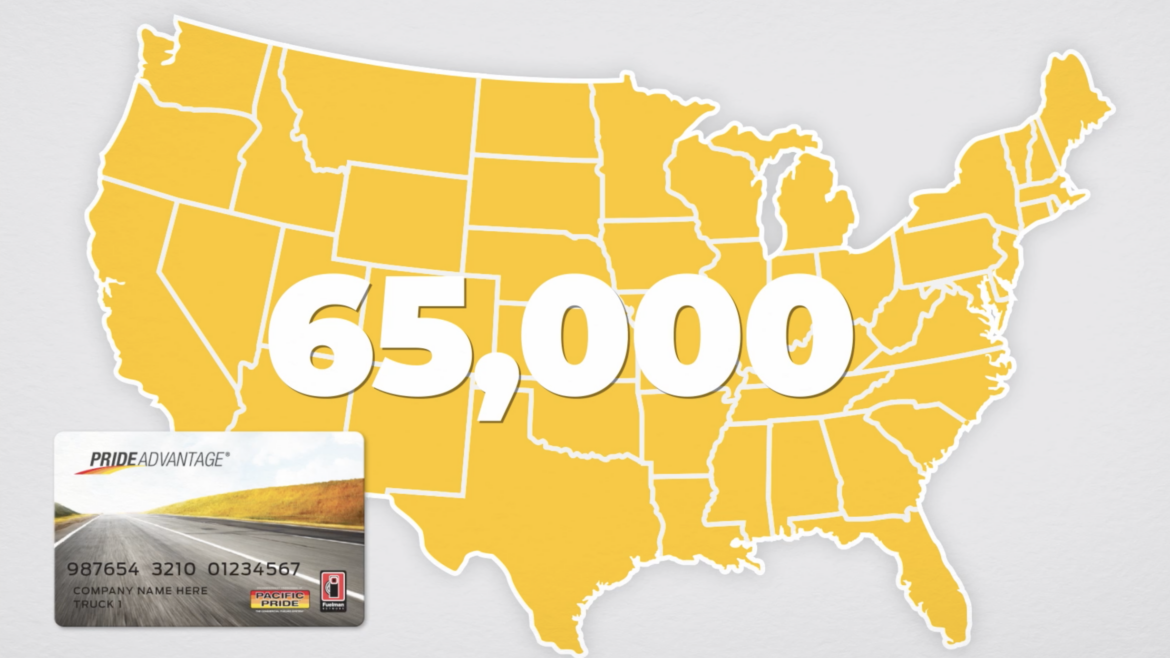Upgrade your Fleet Card’s Security Features
Human Resource strategies to stop employees from stealing gas and diesel in your business with these best practices.
Upgrade the security features on your Pacific Pride fuel cards with Star Oilco.
Star Oilco is an independent Franchisee of Pacific Pride
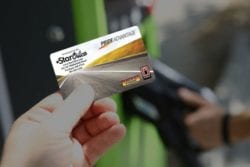
Are you looking to use a corporate fleet card to simplify your fuel buying while also knocking out your exposure to employee gas theft?
Star Oilco can make that easy for you.
Regardless of what system you choose, there are some organizational best practices, that when implemented, will be self-reinforcing in your organization. Simple little changes to how you approach fuel cards will greatly reduce any opportunity for theft.
Whether you use a Pacific Pride, Voyager, WEX, Comdata, Fuelman, or CFN corporate fleet card, you can take inventory of what you are currently doing and upgrade that process with these best practices.
Fleet Card Best Practice #1: Your current vendor should be able to assist you with securing your fleet card. Call your current card provider and ask for a list of every active card, the last time it was used, the PINs associated with these cards, and security features associated. Check these against your next bill to see what cards aren’t actually being used. Turn off an card not being used.
Fleet Card Best Practice #2: Annually take inventory of what cards you have and who is using them. Line up this list of active cards with your employees and make sure there isn’t a lost card out there. Often a card policy implemented by Human Resources or your Dispatcher is a good way to track what employees have what cards.
On a regular basis, pass a clip board around asking each employee with a fleet card to confirm they still have that card and initial a confirmation that the card is still in their possession. You would be surprised how individual cards can float between employees as it is easier than asking for a new card.
Fleet Card Best Practice #3: Audit your transactions regularly. This is a great project for your Account’s Payable to look through. Check against the card list of active cards looking for transactions that occur outside of normal business hours and days. Look for locations outside of your service area as well. Also look for cards with more than one transaction in a day or large volumes as often that’s theft.
Fleet Card Best Practice #4: Put your Fleet Cards on the key ring dispatched with the vehicle, not with the driver. To limit a risk of a stolen card, restrict card ownership to management and maintenance. Everyone else should have cards directly connected with a vehicles license plate, so if that card goes missing it is obvious.
Fleet Card Best Practice #5: Program your cards for the vehicles they are attached to. You do this by connecting the card to the vehicle with a key ring. Then program the Fleet Card to only allow a specific fuel for that vehicle (regular, premium or diesel), limit the fill volume needed for that vehicle’s tank, and also limit the times of day that vehicle can get fuel. This reduces the opportunity for theft to exceed a small minimum and also makes theft obvious when the limits are hit.
Fleet Card Best Practice #6: it’s the 21st Century so manage in real time. Make sure your Fleet Card provider can send an email to your Dispatch or fleet management in real time as the fuel cards are being used. Mistakes relating to efficiency or theft will be far more obvious and trainable if the transaction is observed the day of rather than a week. Instant feedback and communication is critical to change bad behavior of driver’s who mean to do well but may just have mad ea simple mistake.
Fleet Card Best Practice #7: Buy fuel by your vehicle not by an individual. Move your Fleet Card program to a “Floating PIN” system. All modern Fleet Cards should offer this option. It enables you to attach the Fleet Card to the vehicle (all costs are tracked by the vehicle number and/or license plate on your invoices) and provide a unique and secret PIN to each of your driving employees.
If they use the card, their name appears on the bill next to their transaction. If PINs are kept secret and this is enforced, any theft or inappropriate fuel usage will be extremely obvious and accountable.
Fleet Card Best Practice #8: Adopt a “No Tolerance Fuel Theft Policy” as part of your hiring process, as well as every time you replace or issue new Fleet Cards. This is a policy managed by your Human Resources or Driver Compliance department. It is a form disclosing that any fuel cards or PINs related with cards are confidential and assigned to a person or vehicle.
Any use of a PIN will be the responsibility of the person who that PIN is associated with. A personal private PIN is their responsibility. If it is used, they are responsible and any observed fuel theft will be a first time fire/termination offense. PINs are to be kept secret and if the PIN is known by someone else, it is their responsibility to let management know and get that personal PIN changed.
Fleet Card Best Practice #9: Negotiate a Cost Plus basis for your fleet fueling costs. You should be able to have a frank conversation with your commercial fueling provider about where prices come from and how much margin they charge you. In many markets, fuel providers can even get a wholesale cost plus basis for fuel that beats the retail street mark ups. Pacific Pride and CFN stand alone commercial cardlocks are focused on this type of need. Often the savings for diesel customers is very substantial due to this model of pricing.
Fleet Card Best Practice #10: Negotiate the terms you need for the way you buy fuel. If you have a frank conversation about the terms and costs related with buying fuel, you’ll have more options that are available, but not advertised. Industry standard for fuel sellers is either ten day terms with twice monthly or monthly billing. If you have the ability to pay faster, often deeper discounts are provided.
For extremely large customers daily billing could net thousands of dollars in savings a month. For operations relying on 45 day fuel charge reimbursements, talking to a fuel vendor about matching your fuel bill with a fleet’s Accounts Receivable can prevent huge cash-flow crunches.
Need to secure your fleet from fuel theft?
Call Star Oilco, we can make it easy.
Star Oilco can help you field all of these Best Practices. Our motto is “Keep it Simple” and we are there to make this easy. Feel free to reach out and see what Star Oilco can do for your fleet to upgrade it’s fleet fueling security.
To download a white paper on these Pacific Pride fuel card security feature best practices go HERE to our Stop Fuel Theft page.

Star Oilco is an independent Franchisee of Pacific Pride


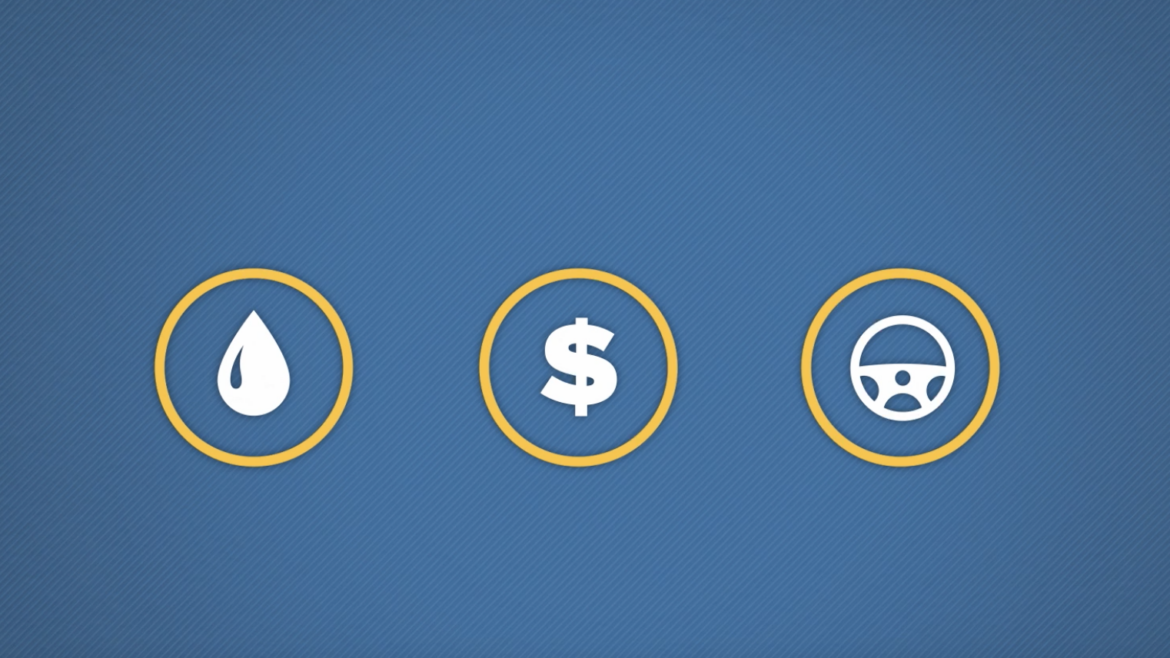
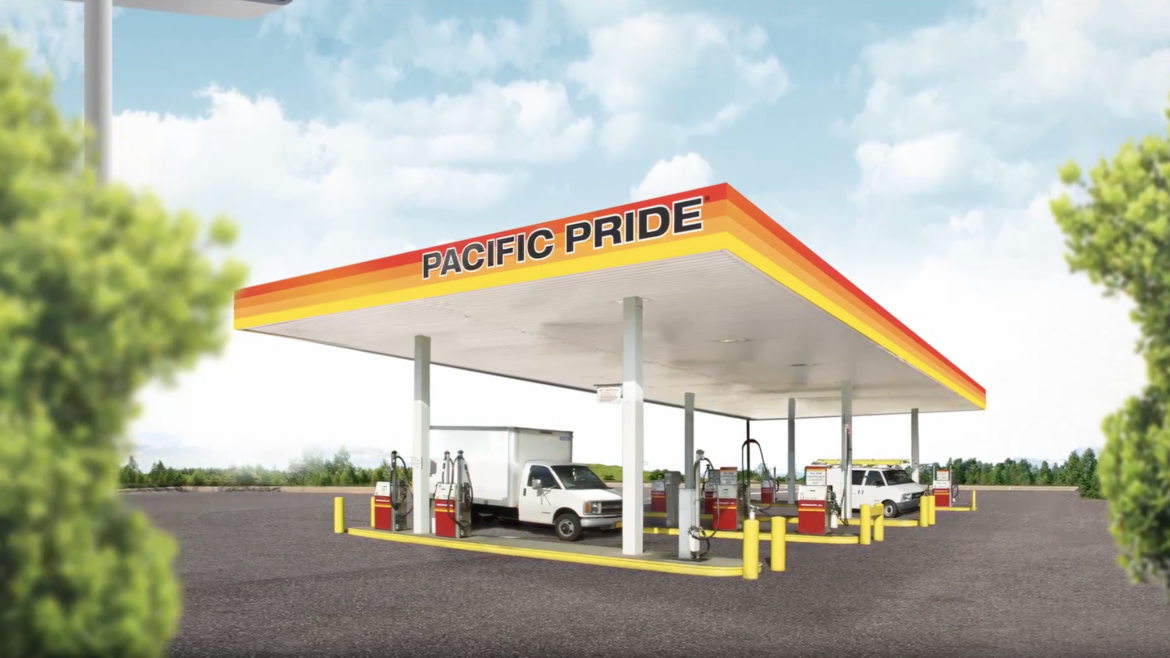
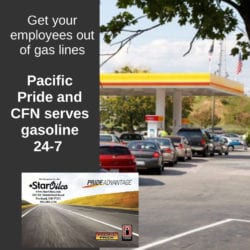
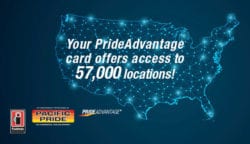
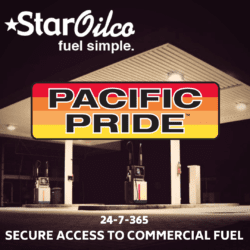
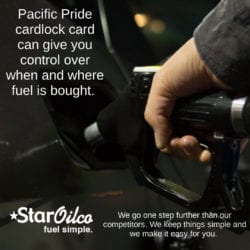
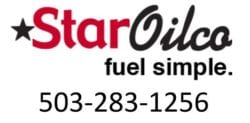

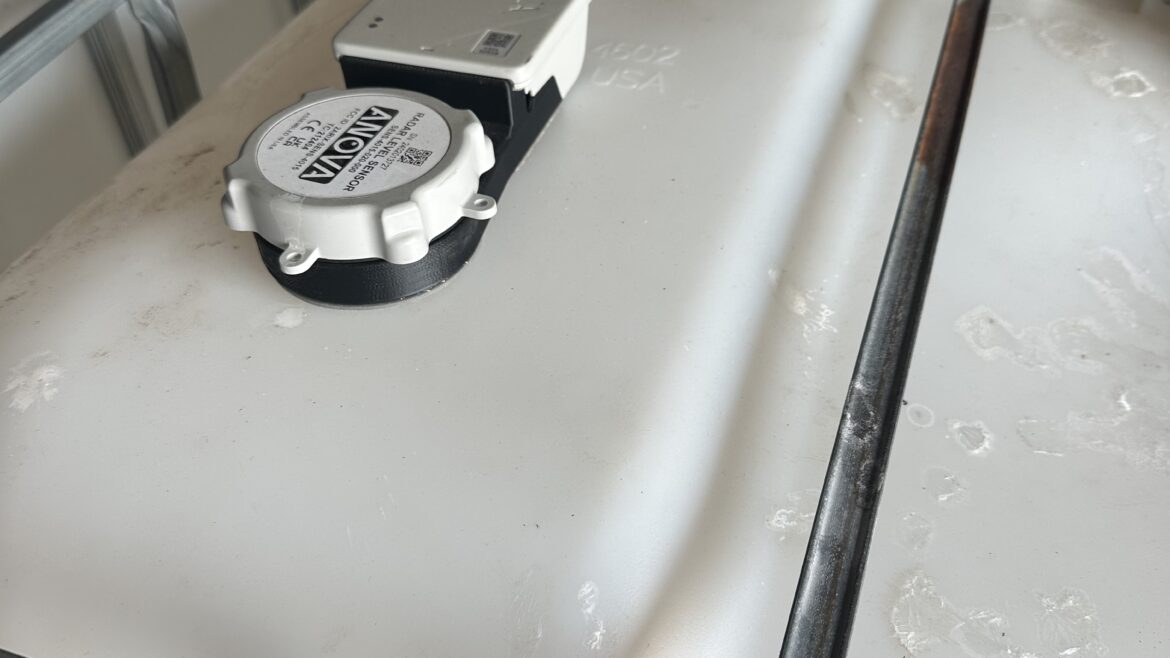
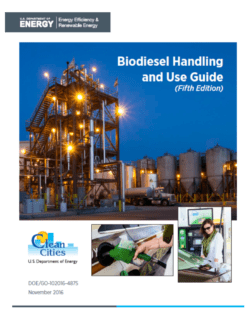
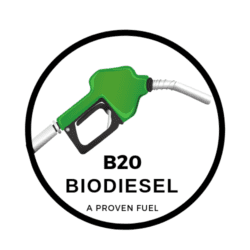

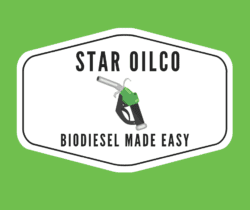
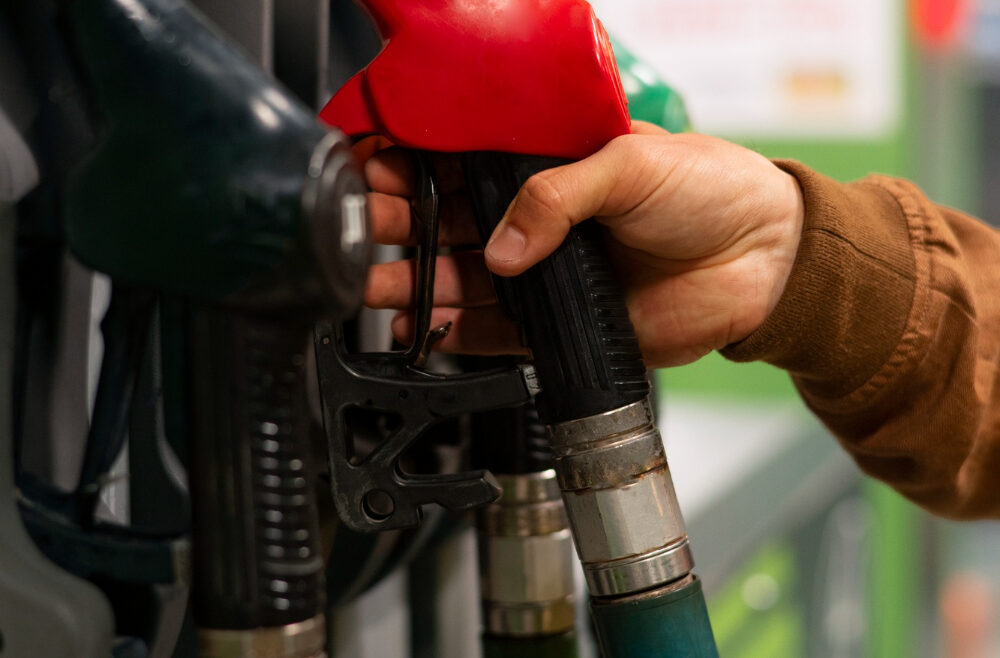

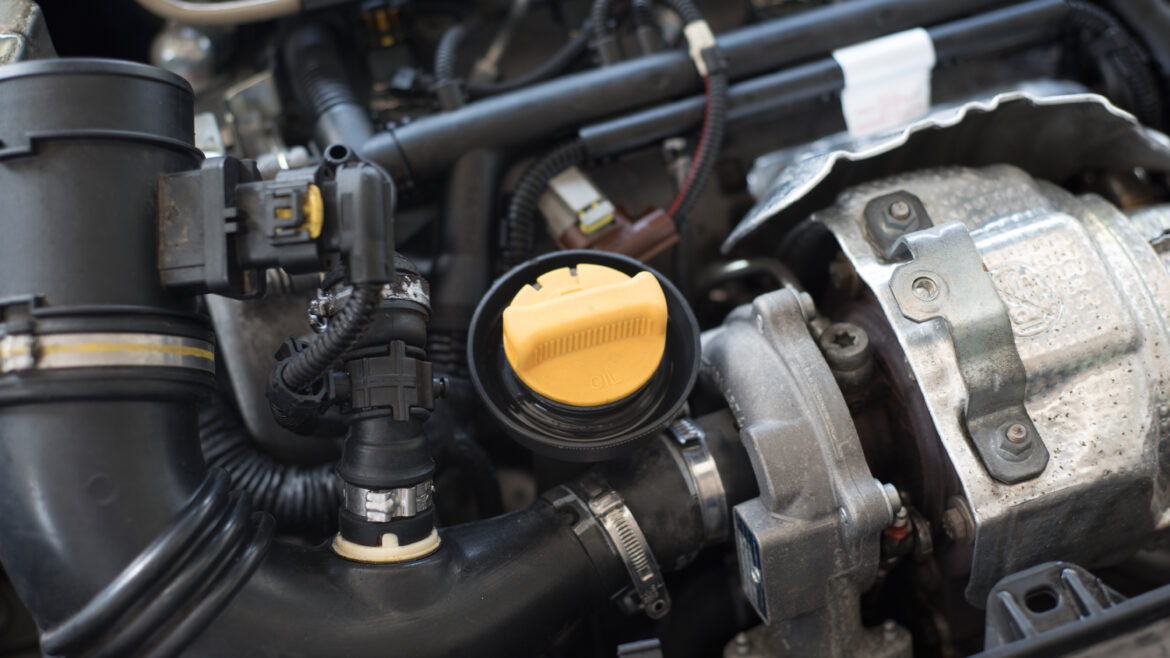
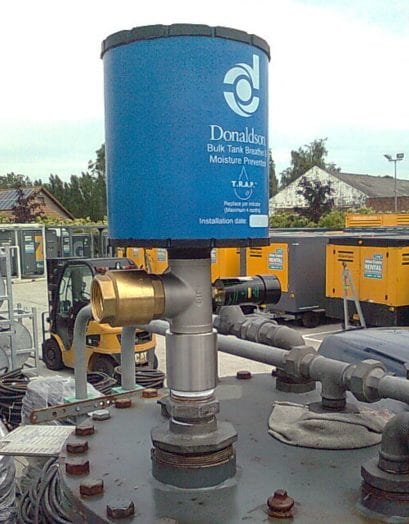
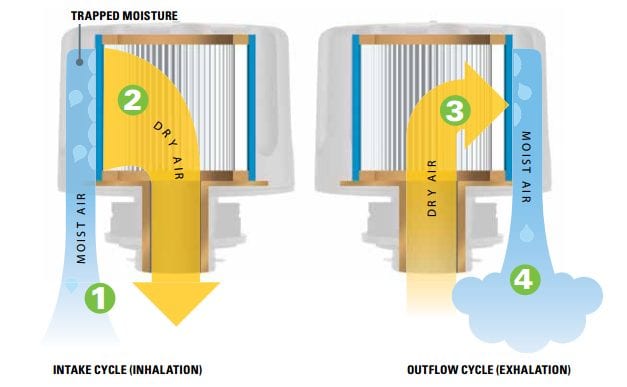
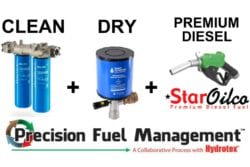
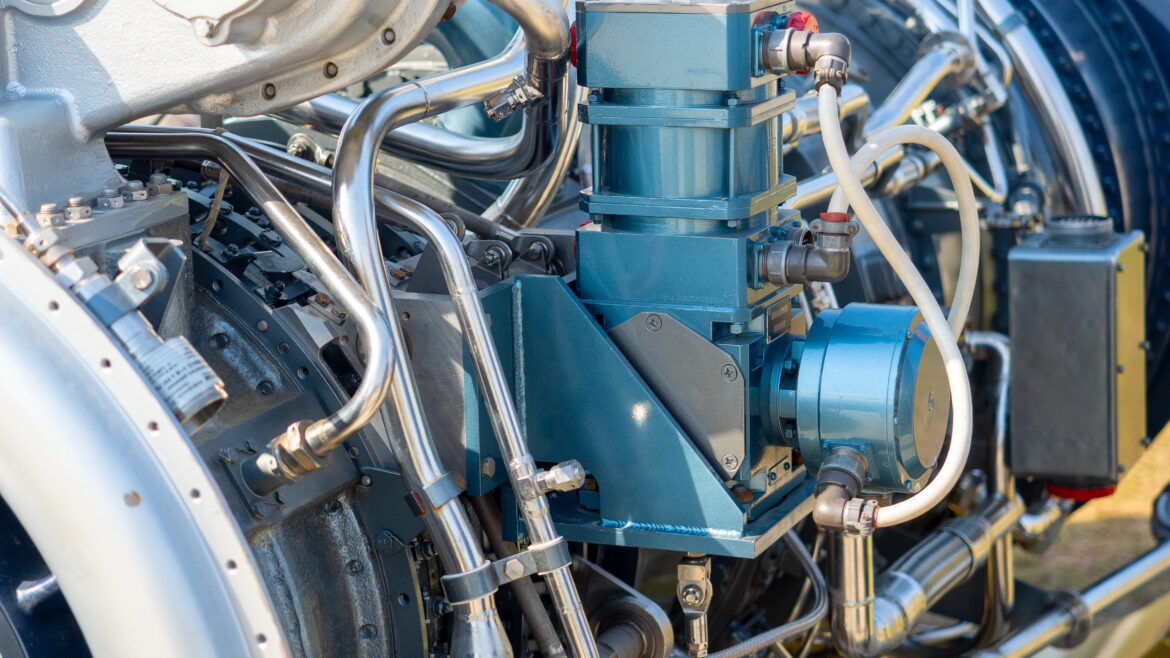

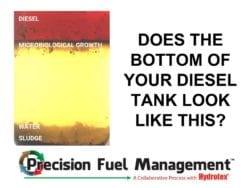
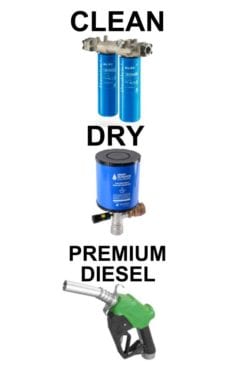
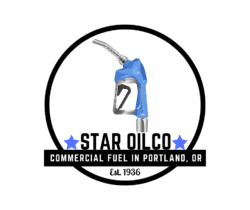


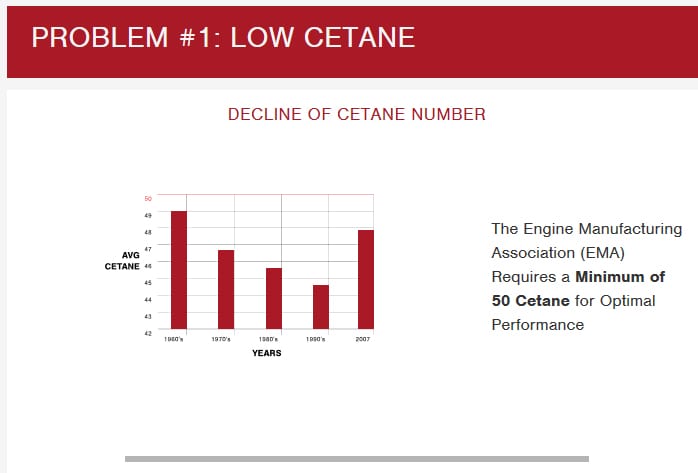
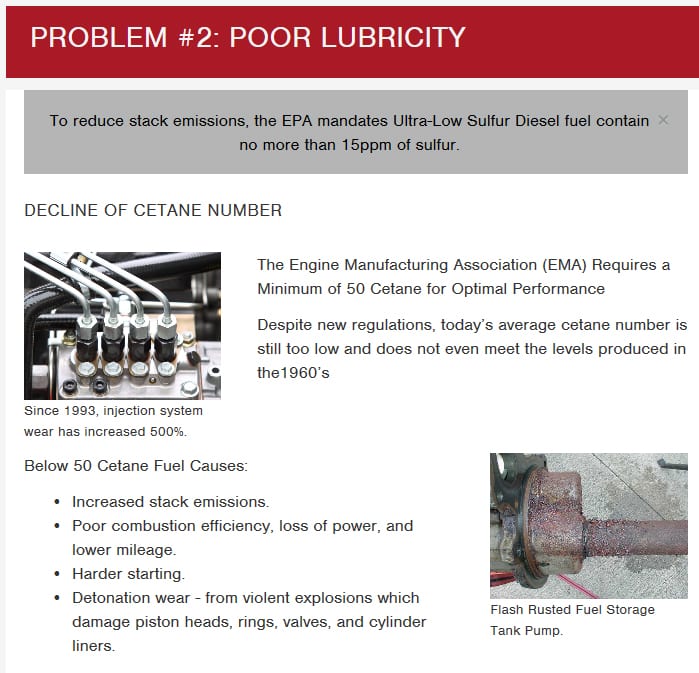
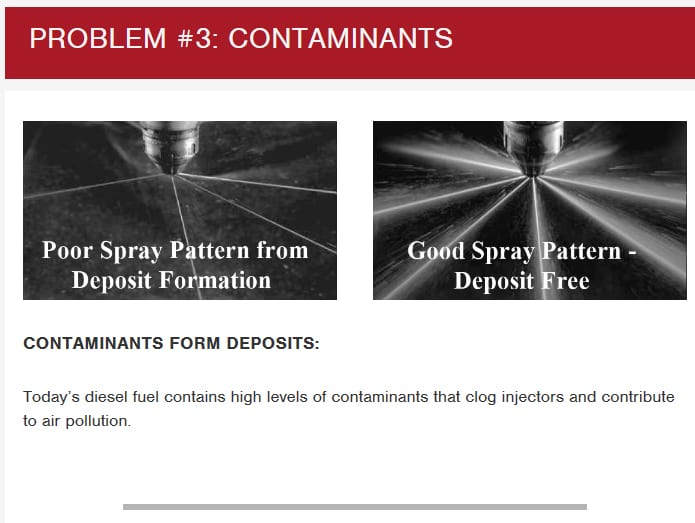
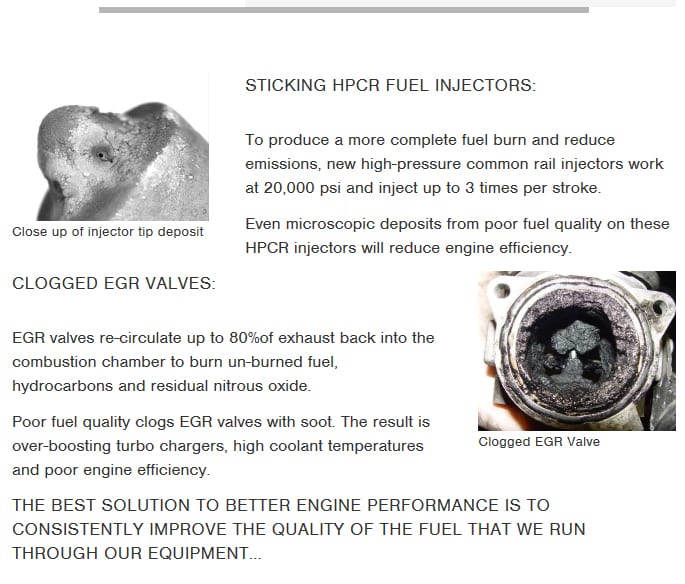
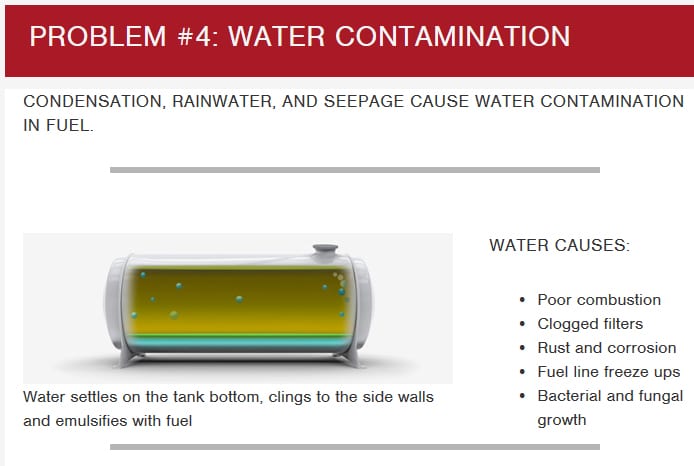
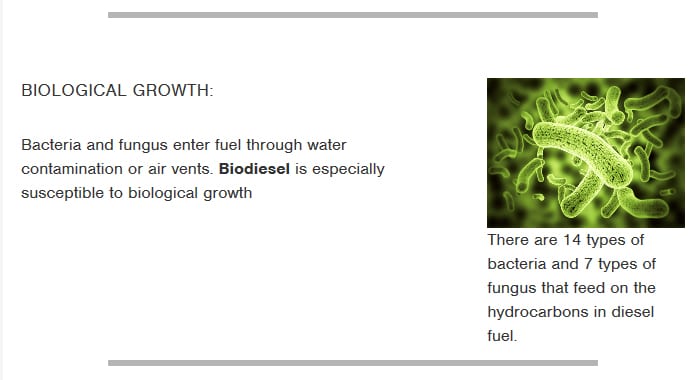
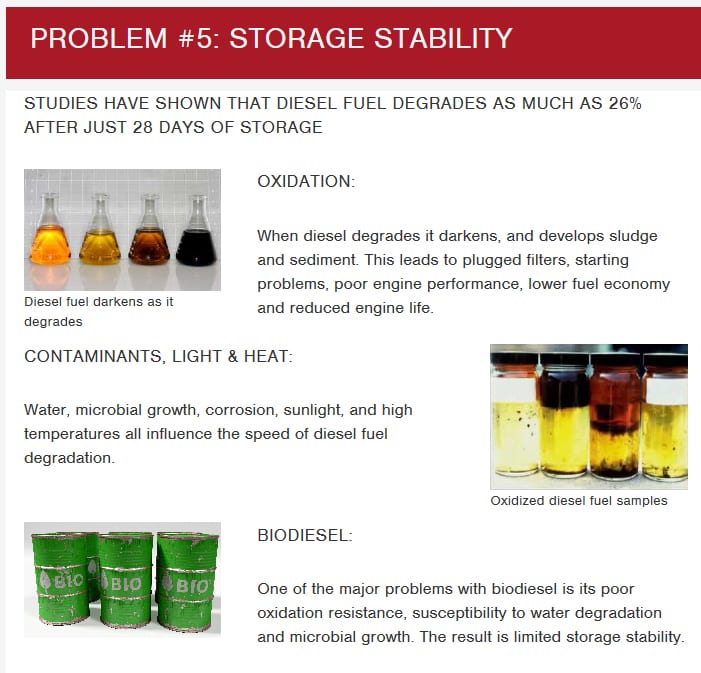
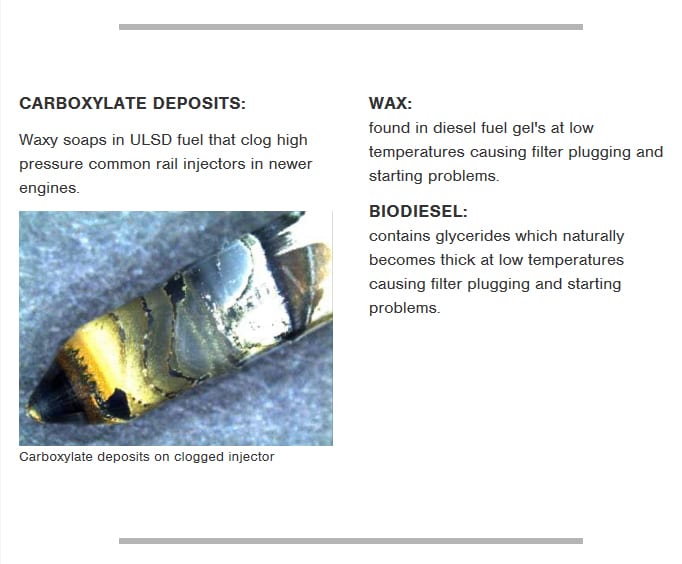
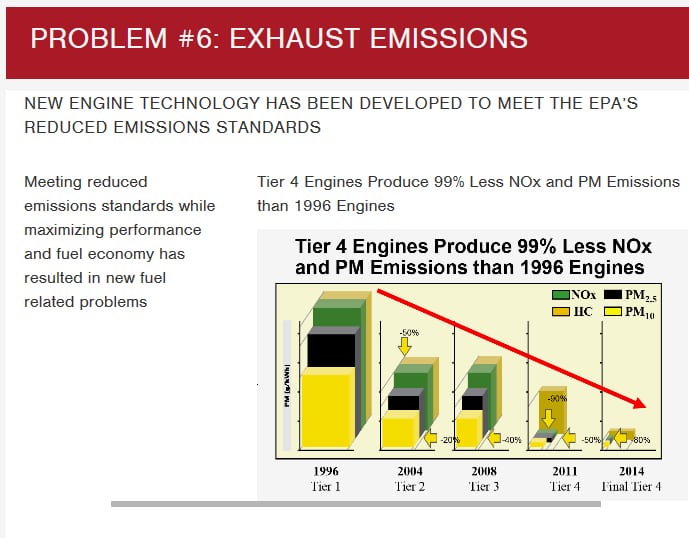


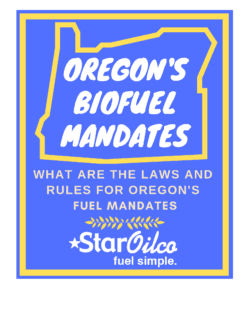 Oregon law has a 5% Biodiesel and 10% Ethanol fuel blend mandate.
Oregon law has a 5% Biodiesel and 10% Ethanol fuel blend mandate.